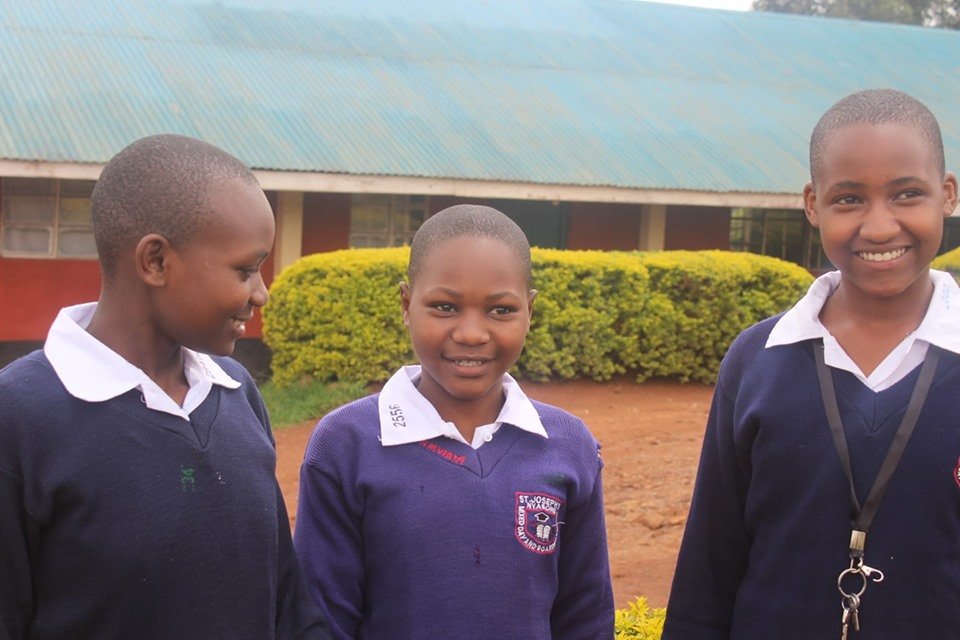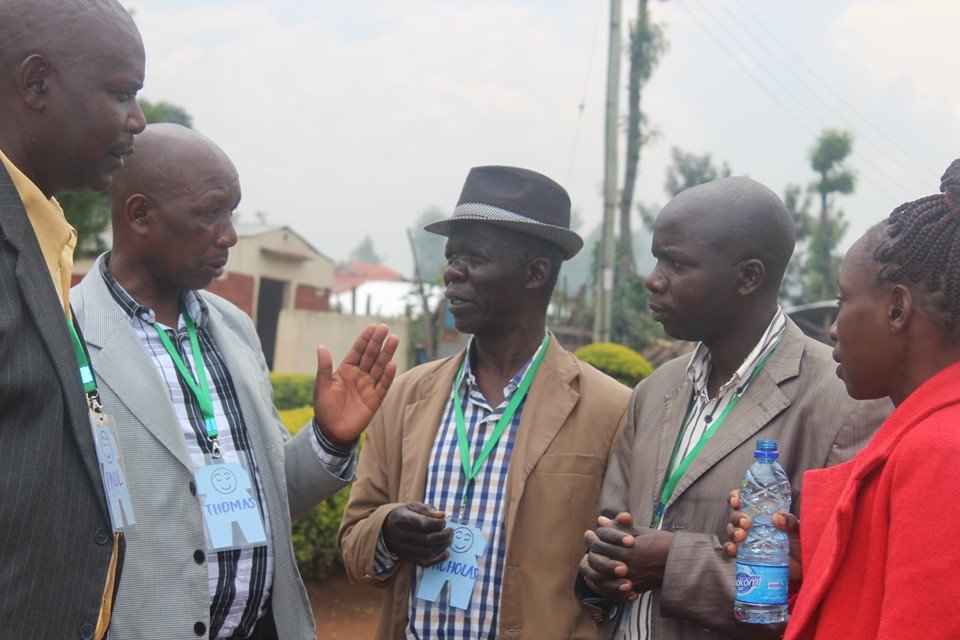By Lancer Wao | Communication Officer
Dear friend and partner Over the past few months, there has been a tough crackdown on the people subjecting girls to FGM in Kenya. We are happy that there have been positive outcomes from this crackdown. Unfortunately, if the report by Times Live towards the end of the year 2018 is anything to go by, there is a new trend of cross border-FGM. Girls from the Kuria and Maasai communities. The article reveals that the intense crackdown on FGM in Kenya has led to ‘vacation cutting’ of girls from Kenya in Tanzania and Uganda. The government of Kenya criminalized FGM in 2011 through the Anti-FGM Act. Anyone found to have played any role in subjecting a girl to undergo FGM faces imprisonment for at least three years. Also, the offence attracts a fine of up to $2000. In 2016 the East Africa Community (which includes Kenya, South Sudan, Tanzania and Uganda) enacted the East African Community Prohibition of Female Genital Mutilation Act (EAC Act) to promote cooperation in the prosecution of perpetrators of FGM through harmonisation of laws, policies and strategies to end FGM across the region. However, implementation of this regional law how not been effective. One would think that such strict measures would discourage practising communities from subjecting girls to FGM and reduce its prevalence. Unfortunately, that is not the case. On the contrary, according to human rights activists quoted by the article, cross border-FGM is the new headache for advocacy. Cross border FGM indicates that the act is more about conformity to culture and obligation to pass it from one generation to another. It is based on the deep-rooted belief that a girl is not complete without undergoing FGM. It’s about fear, and it adversely affects girls even when it should not happen in this era of outpouring support for the protection of children’s rights. There is no available data showing trends of cross-border FGM. However, should the reports on emergence of cross-border FGM be true, then it creates a new challenge for anti-FGM activists. ‘The reports could be true. Being that Kisii borders Kuria in Migori, there is a need for equally anti-FGM efforts to be put in Kuria to avoid girls being taken from Kisii to Kuria for transportation to neighbouring countries: As we intensify our anti-fgm advocacy here in Kisii, through school-outreaches and community trainings, the children are becoming more aware of their rights and parents reached out publically declaring to end fgm. However, as we are yet to reach out to every corner of Kisii region, those that get to hear about anti-fgm law, without understanding the health effects, tend to take their children on vacation to other community or across the border to be cut. With assumption and perception that “across the border, or across the other community”, the law is not effectively implemented” says Leah Wandera, HFAW anti-FGM activists. The Abagusii community lives within the Nyanza region. One of the counties in Nyanza is Migori which borders Tanzania. The distance between Migori and Sirare, which is the Kenya-Tanzania border, is 134 kilometres. Apart from Migori also being home to the Kuria community, that has highest rate of FGM in Kenya, it takes approximately three hours on the road for one to travel from Nyamira to the Migori. Meaning, girls in Kisii are equally at high risk of cross-border FGM. ‘This means that our neighbours should put in more efforts to end FGM so that we have a strong advocacy rate’, adds Leah Wandera. The United Nations reports that at least two hundred million girls in the world have undergone FGM. The number accounts for only reported cases. We believe that it could be more if cross-border FGM is considered. We also believe that this is a wake-up call to the governments, child protection agencies, and human rights activists. Dear friend and partner, due to our advocacy efforts , many men have publicly declared to support the end of FGM https://web.facebook.com/hopefaw.org/videos/651142331963063/ and https://web.facebook.com/hopefaw.org/videos/362565791115132/. In the first video, Mr. Richard Mange’ro is remorseful that his first daughter had to go through FGM. However, after going through HFAW training, he has promised to protect not only two remaining daughters but also his neighbours’. This wonderful progress is possible because of your kind contributions. Thank you and may you continue supporting our work and sharing our profile with your friends so that they too can be part of making the world a safer place for girls from the Abagusii community.
Links:
By Lancer Wao | Communication officer
By Leah Nanyanga Wandera | Project Manager
Project reports on GlobalGiving are posted directly to globalgiving.org by Project Leaders as they are completed, generally every 3-4 months. To protect the integrity of these documents, GlobalGiving does not alter them; therefore you may find some language or formatting issues.
If you donate to this project or have donated to this project, you can recieve an email when this project posts a report. You can also subscribe for reports without donating.
Support this important cause by creating a personalized fundraising page.
Start a Fundraiser
